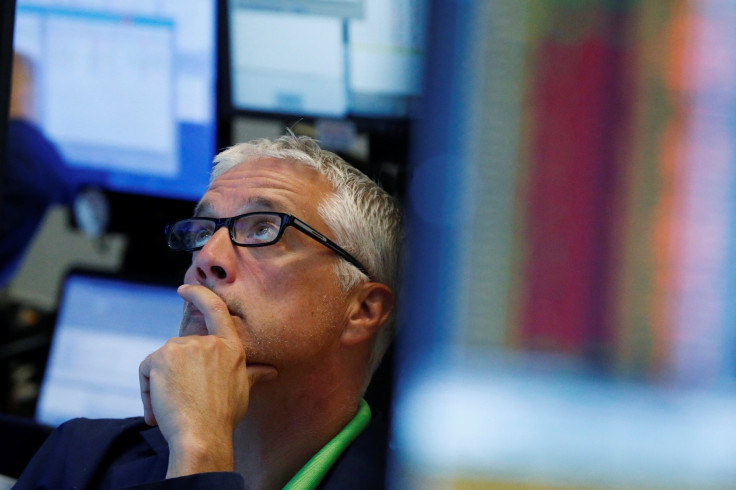Wall Street Futures Lower On Brexit Concerns

U.S. stock index futures eased slightly in early trading on Sunday after Britain's vote to leave the European Union sparked a sharp sell-off in global markets on Friday, wiping out over $2 trillion from world equities.
Investors were blindsided by Thursday's vote, having bid up equity markets in the days leading up to it. U.S. stock indexes had been in striking distance of all-time highs, with some expecting a sharp rally to new highs in the coming days.
"The market's expensive so the risk is really high. There's a better time ahead for equities — it just isn't yet," said Steve Blumenthal, chief executive of CMG Capital Management Group Inc. in King of Prussia, Pennsylvania.
S&P 500 e-mini futures were down 0.5 percent. Dow Jones industrial average e-mini futures fell 0.6 percent and Nasdaq 100 e-mini futures fell 0.7 percent.
With the initial shock of the unexpected result having sunk in somewhat over the weekend, some investors said the impact on the United States would be minimal and that price declines brought about by Friday's "over reaction" could be a buying opportunity.
"The impact on the United States is not as great as many people fear," said Michael Yoshikami, chief executive of Destination Wealth Management in Walnut Creek, California. "What you do as an investor is you look at the good-quality names."
Barron's cited Goldman Sachs Group as a possible target for bargain hunters in an edition on Sunday dedicated to "How to play the markets" after the Brexit vote.
Goldman Sachs shares could rise as much as 30 percent over the next year if the U.S. bank buys back stock and cuts costs, according to the report. It claimed the company's shares have fallen too far, especially after losing 7 percent on Friday after the referendum.
The MSCI all-country world index .fell 4.8 percent on Friday, its biggest percentage loss since Aug. 8, 2011, when it fell 5.09 percent on the first trading day after S&P stripped the United States of its "AAA" credit rating.
The S&P 500 fell 3.6 percent on the day, its biggest one-day drop in 10 months.
The $2.08 trillion dollar loss across global equity markets was the biggest one-day fall ever, according Standard & Poor's Dow Jones Indices, trumping the Lehman Brothers bankruptcy during the 2008 financial crisis and the Black Monday stock market crash of 1987.
© Copyright Thomson Reuters {{Year}}. All rights reserved.





















